>> Mu Cang Chai honey, a gift from "mother nature"
>> Mu Cang Chai enhances key agricultural products
Mu Cang Chai is blessed with a diverse flora, especially flowers such as cardamom, hawthorn, peach, plum, blong song (also known as bird's foot flower, in medicine called ivy)... creating a rich, natural source of pollen for bees. In particular, the beekeeping method is almost completely natural, without antibiotics or chemicals, contributing to preserving the original flavor and safety for users.
The people here, mainly the Mong ethnic group, have long been attached to beekeeping in a traditional and natural way. This method both preserves the indigenous culture and creates a unique flavor for highland honey products.
Mr. Sung A Khay in Khao Mang commune said: "My family currently has about 60 beehives, harvesting three times a year, yielding about 700 kg of honey, earning more than 80 million VND. Beekeeping is easy and inexpensive, but the important thing is to keep the forest well so that there will be many bees and fragrant honey."
Mr. Khay, like many other households, believes that beekeeping not only brings income but also helps raise awareness of forest protection - the habitat of bees and the source of livelihood for people.
Realizing the potential of beekeeping, in recent years, Mu Cang Chai district has promoted propaganda, supported bee breeds, techniques of raising, caring for and harvesting honey for the people. Training courses are organized regularly, combined with demonstration models for easy access and application by the people. Thanks to that, many households have switched from spontaneous beekeeping to oriented beekeeping, improving productivity and honey quality. Currently, the whole district has about 6,500 bee colonies, with an average honey output of 65 - 80 tons/year, raised in a semi-natural or completely natural form, concentrated in the communes: Khao Mang, Nam Khat, La Pan Tan, De Xu Phinh...
Along with developing the profession, Mu Cang Chai people have also begun to pay attention to the added value of bee products. In addition to pure honey, some households also exploit beeswax, pollen, and process beeswax-infused wine, creating diverse, handmade products with a strong mountain flavor, bringing in tens of billions of VND in revenue each year for beekeepers.
Ms. Nguyen Thi Thanh Hang - a customer in Hanoi shared: "I often order Mu Cang Chai honey because of its very unique flavor, light aroma, and sweet taste. Most importantly, the product is completely natural, without impurities, so I feel very secure when using it for my whole family. Since I learned about Mu Cang Chai honey, I almost never use any other type."
In recognition of the efforts of the locality and its people, Mu Cang Chai honey products have been granted a Certificate of Geographical Indication by the Department of Intellectual Property - affirming the quality, characteristics and unique value of the product associated with natural conditions and traditional production methods. In addition, Mu Cang Chai honey has also achieved the provincial 3-star OCOP standard - an important step towards expanding production, increasing competitiveness and moving towards the export market in the future.
Notably, beekeeping in Mu Cang Chai is gradually being combined with the development of eco-tourism. Many households have built tourism models to experience visiting beehives, spinning honey and enjoying fresh honey right in the forest. These simple but attractive experiences not only generate additional income but also contribute to promoting local products and culture and increasing the value of highland agricultural products.
However, for the beekeeping profession to develop stably and sustainably, local authorities and people need to continue to invest in science and technology, diversify products, and build brands associated with community tourism. More importantly, the awareness of forest protection - a vital factor for bees to grow and produce sweet honey - must become a common awareness of the community. When the forest is still green, bees still fly and honey is still sweet, beekeeping in Mu Cang Chai will forever be the "sweet honey" in the journey of economic development of rural areas in the highlands.
Hong Oanh
Source: https://baoyenbai.com.vn/12/349730/Mat-ngot-vung-cao.aspx



![[Photo] President Luong Cuong and Sri Lankan President Anura Kumara Dissanayaka visit President Ho Chi Minh relic site](https://vstatic.vietnam.vn/vietnam/resource/IMAGE/2025/5/5/0ff75a6ffec545cf8f9538e2c1f7f87a)






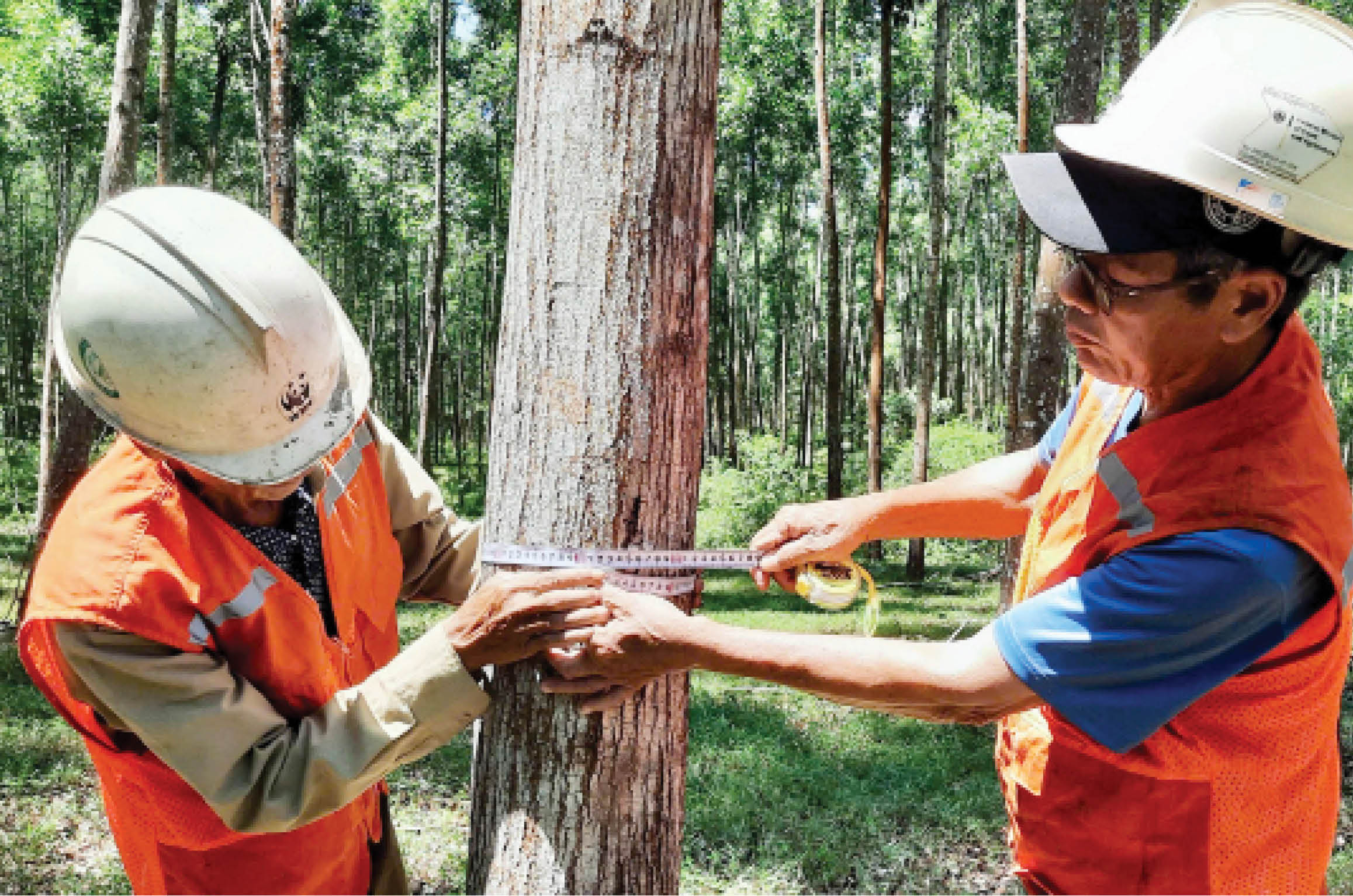









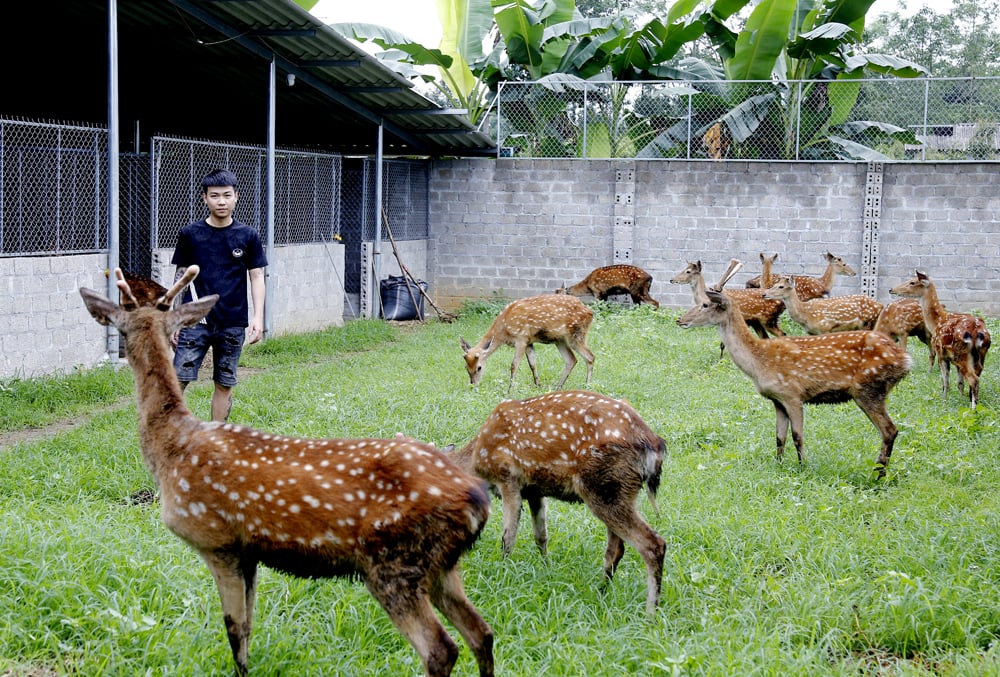


![[Photo] President Luong Cuong presided over the welcoming ceremony and held talks with Sri Lankan President Anura Kumara Dissanayaka](https://vstatic.vietnam.vn/vietnam/resource/IMAGE/2025/5/5/bbb34e48c0194f2e81f59748df3f21c7)
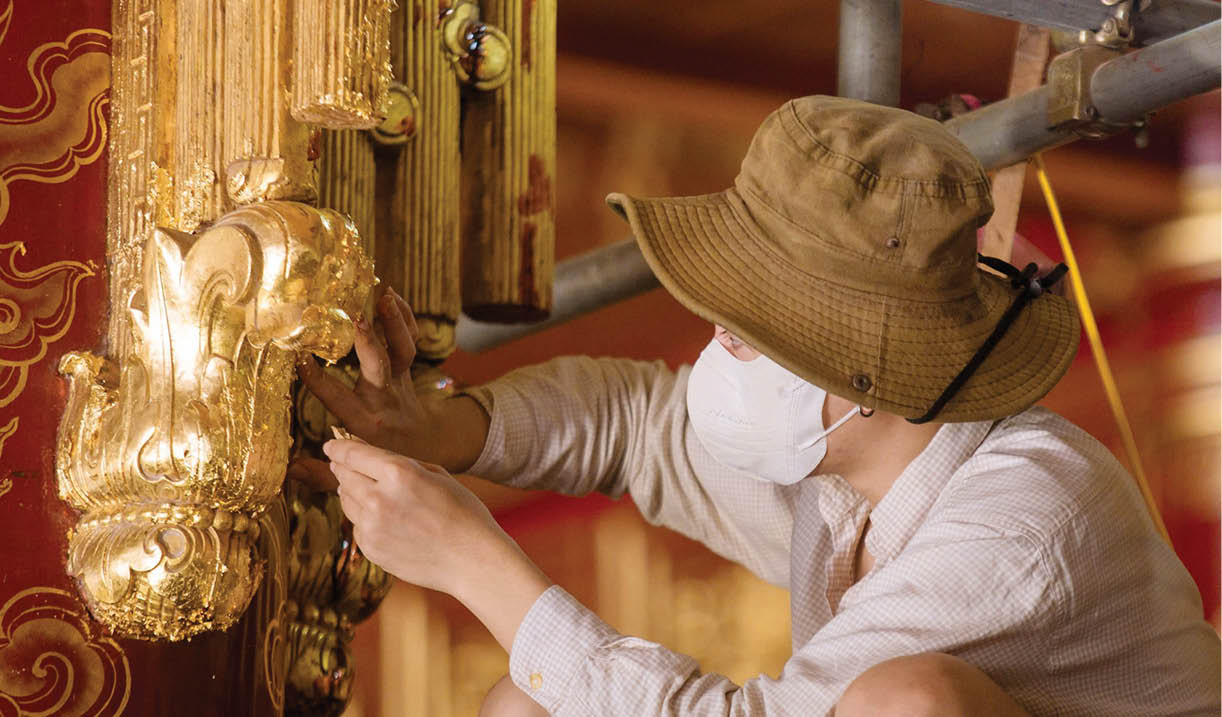





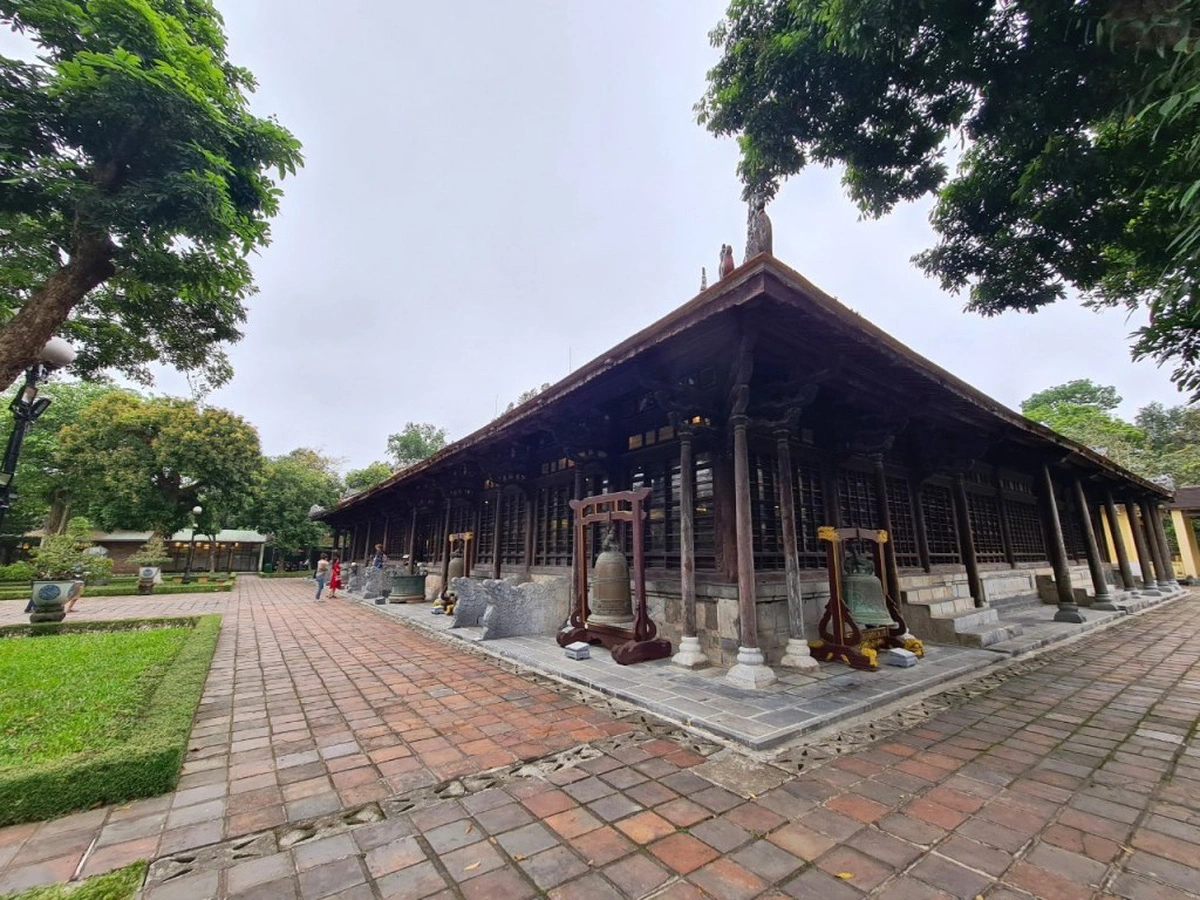












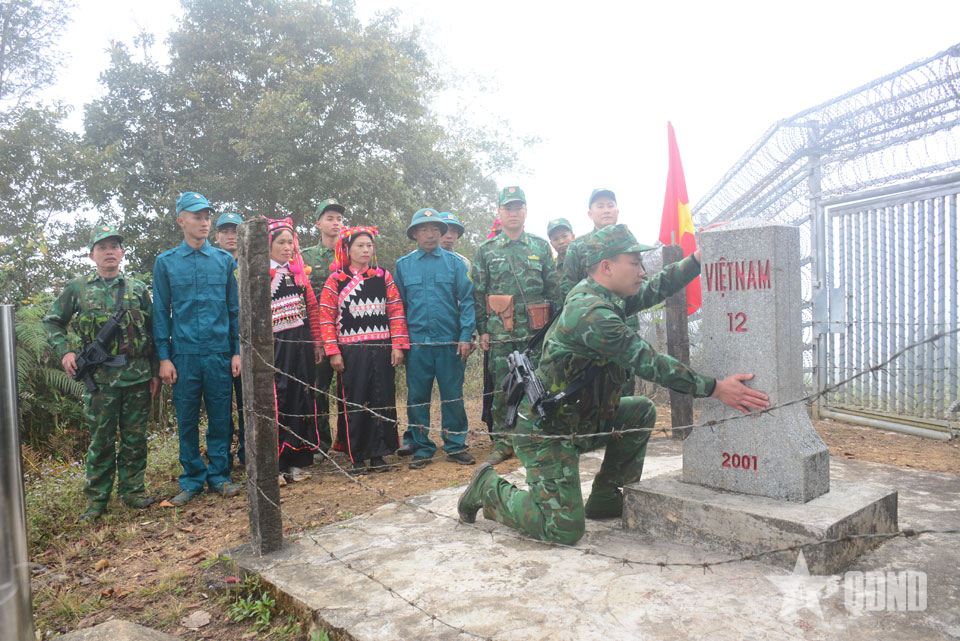

























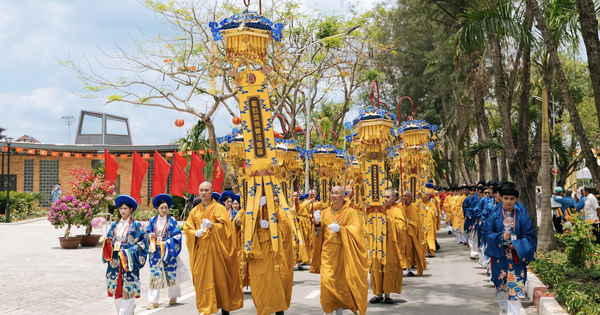









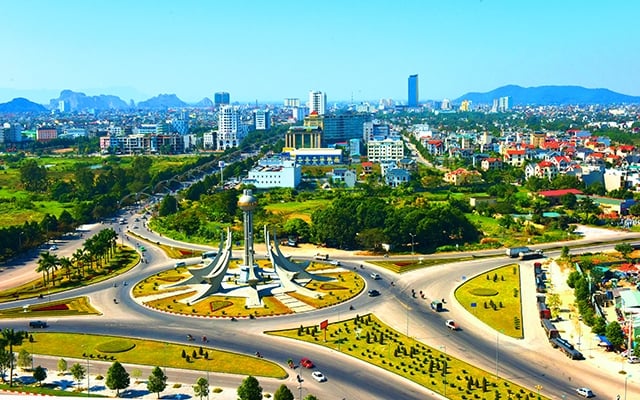






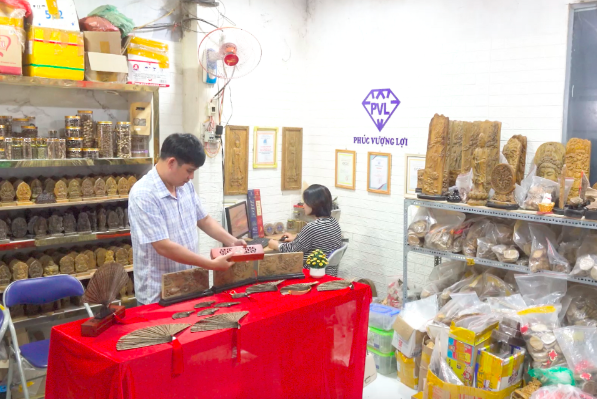



Comment (0)